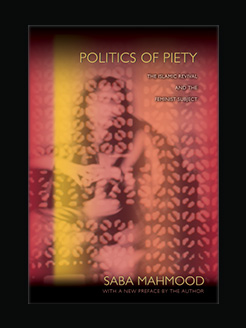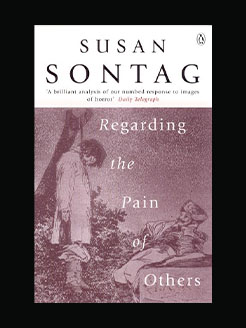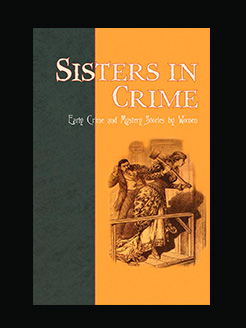Published in 2020
224 pages
Catherine Lacey is the author of the novels Nobody Is Ever Missing and The Answers, both of which has been translated into Italian, French, Dutch, German, and Spanish. She is the winner of a 2016 Whiting Award, a finalist for the NYPL’s Young Lions Fiction Award, and a NYFA fellow. Her essays and short fiction have been published in The New York Times, Harper’s Magazine, Vogue, Virginia Quarterly Review, Oxford American, and elsewhere. In 2017 Granta named her a Best Young American Novelist. Certain American States is her first short story collection. She was born in Mississippi and is based in Chicago.
What is this book about?
In a small unnamed town in the American South, a church congregation arrives to a service and finds a figure asleep on a pew. The person is genderless, racially ambiguous, and refuses to speak. One family takes the strange visitor in and nicknames them Pew.
As the town spends the week preparing for a mysterious Forgiveness Festival, Pew is shuttled from one household to the next. The earnest and seemingly well-meaning townspeople see conflicting identities in Pew, and many confess their fears and secrets to them in one-sided conversations. Pew listens and observes while experiencing brief flashes of past lives or clues about their origins. As days pass, the void around Pew’s presence begins to unnerve the community, whose generosity erodes into menace and suspicion. Yet by the time Pew’s story reaches a shattering and unsettling climax at the Forgiveness Festival, the secret of their true nature—as a devil or an angel or something else entirely—is dwarfed by even larger truths.
Pew, Catherine Lacey’s third novel, is a foreboding, provocative, and amorphous fable about the world today: its contradictions, its flimsy morality, and the limits of judging others based on their appearance. With precision and restraint, one of our most beloved and boundary-pushing writers holds up a mirror to her characters’ true selves, revealing something about forgiveness, perception, and the faulty tools society uses to categorize human complexity.







